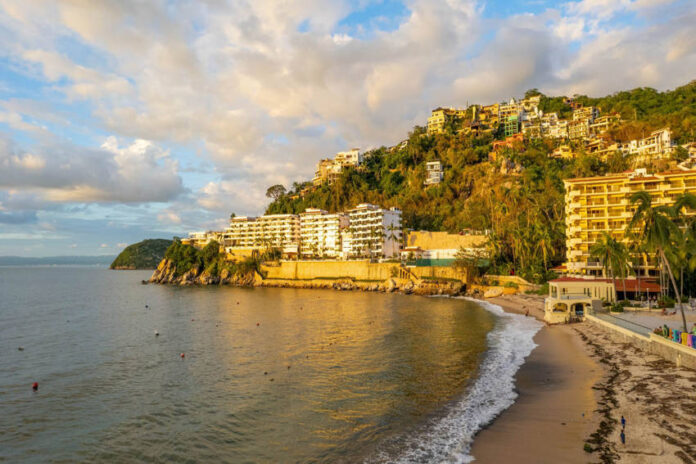Puerto Vallarta’s summer break is marked by development initiatives, cultural milestones and evolving tourism policies.
From infrastructure upgrades in historic neighborhoods and the rollout of a new tourist tax to hosting Mexico’s prestigious film awards, the city is making moves to enhance its appeal while tackling long-standing challenges.
Puerto Vallarta invests in Seapal Vallarta amid ongoing challenges
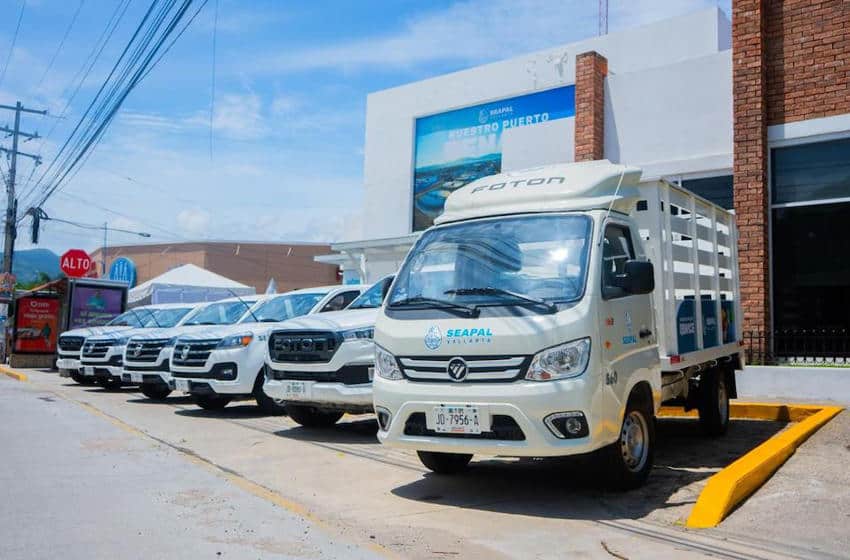
Puerto Vallarta Mayor Luis Munguía has delivered 13 new vehicles to water authority Seapal Vallarta, in a bid to improve the utility’s operational efficiency and restore public trust following a year of financial turmoil. The vehicles will be deployed across Seapal’s maintenance and service departments to address citizen complaints, leaks and other infrastructure needs more quickly.
At a ceremony in El Pitillal, Mayor Munguía said the investment reflects a shift toward more responsive, service-oriented governance. “We want a Seapal that is approachable, that solves problems, and delivers real results,” he said at the ceremony.
The delivery comes after a turbulent year for SEAPAL Vallarta. The agency’s current leadership, appointed less than a year ago, inherited a system in crisis. General Director Carlos Ruiz and Administrative Director Rodolfo Domínguez revealed that SEAPAL had been left with only 8 million pesos in reserves, insufficient to cover basic obligations. The agency has requested a 46 million peso loan to stabilize operations.
As Puerto Vallarta nears its high tourist season, water shortages remain a concern. While the new vehicles are a step forward, officials acknowledge more work is needed to rebuild SEAPAL’s capacity and ensure reliable service citywide.
Facelifts in key neighborhoods
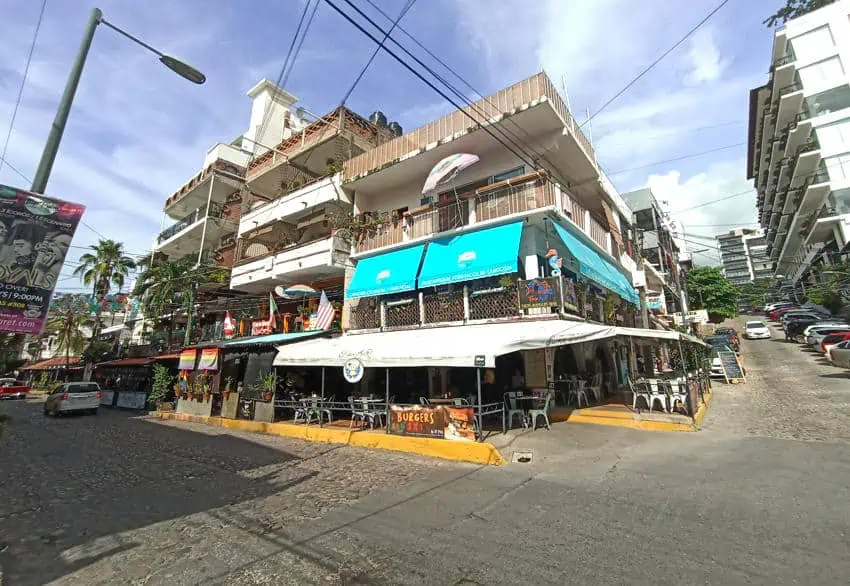
Puerto Vallarta is rolling out urban improvements in some of its most popular neighborhoods, including Emiliano Zapata in the city’s Romantic Zone, and the 5 de Diciembre neighborhood. Mayor Munguía announced a slate of infrastructure projects aimed at revitalizing these beloved areas while preserving their architectural significance.
In Emiliano Zapata and the Romantic Zone, upgrades will include the renovation of house facades, rehabilitation of cobblestone streets and sidewalks, and the installation of underground wiring.
Meanwhile, Avenida Mexica in the 5 de Diciembre neighborhood will undergo a complete overhaul between 31 de Octubre and Argentina Streets. The project includes reinforced cobblestone paving and improved pedestrian access to better connect residents and tourists to the waterfront.
Puerto Vallarta to host 67th Ariel Awards
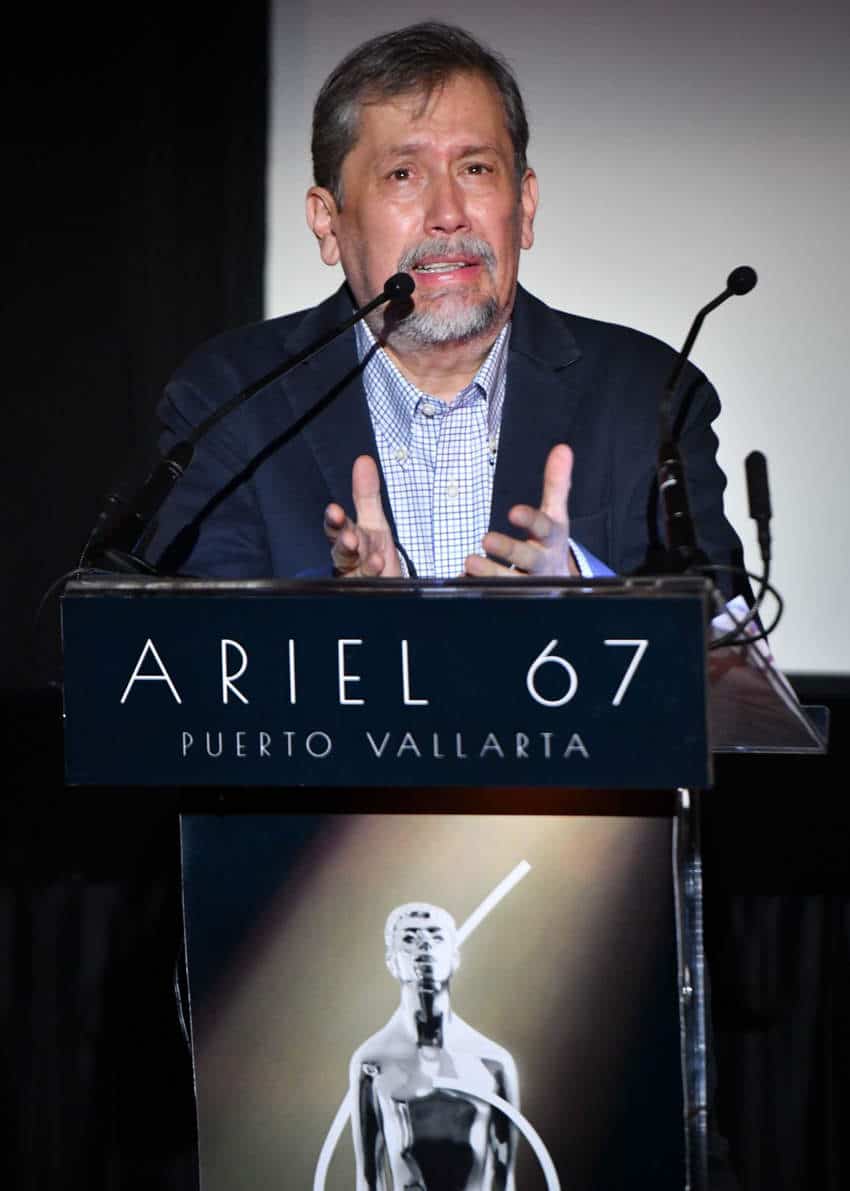
Puerto Vallarta will host the 67th Ariel Awards, one of Mexico’s most prestigious film honors, on September 20, 2025, marking the first time the city welcomes the event. The ceremony, organized by the Mexican Academy of Cinematographic Arts and Sciences (Amacc), will take place at the Puerto Vallarta International Convention Center.
The move is part of Amacc’s strategy to decentralize the awards and amplify their cultural reach. Puerto Vallarta’s selection also underscores Jalisco’s importance in the national film industry, supported by public incentives such as the Filma Jalisco program.
The films leading this year’s nominations are Sujo by Fernanda Valadez and Astrid Rounder, Corina by Úrsula Barba Hopfner and Pedro Páramo by Rodrigo Prieto.
More than 800 industry guests, including filmmakers, press and influencers, are expected to attend.
Puerto Vallarta begins charging new tourist fees
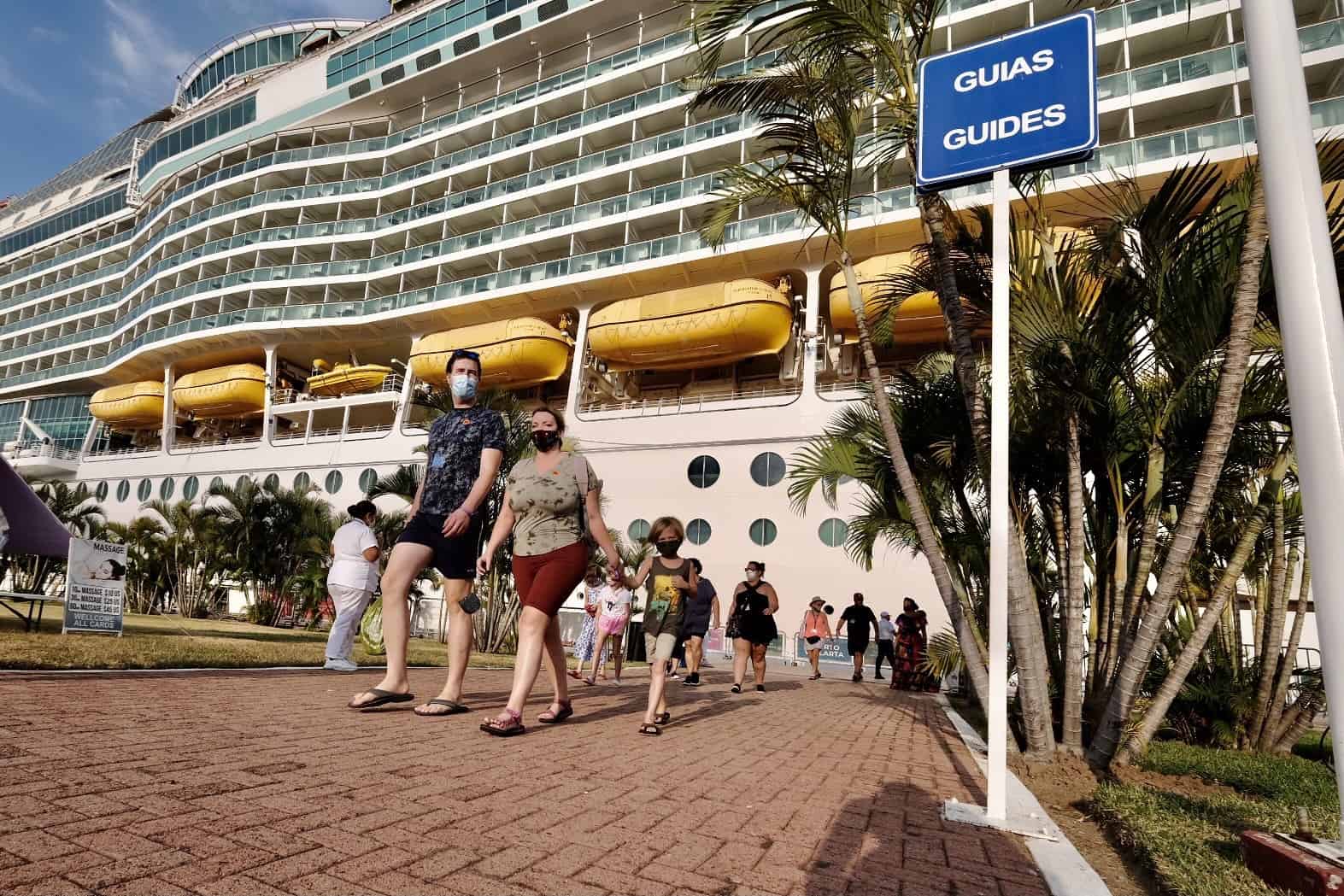
As of July 1, Puerto Vallarta has officially implemented its new Nonresident Rights (DNR) fees for foreign visitors, a measure approved earlier this year by the Jalisco State Congress. The reform grants the city the authority to collect two separate charges from international travelers: a per-person entry fee and a staggered cruise passenger tax.
Visitors arriving by air or sea are now subject to a 141 peso (US $8.25) fee, which is expected to be collected via payment modules installed at Gustavo Díaz Ordaz International Airport and the maritime terminal. The city anticipates raising over 200 million pesos annually from this levy, which will fund improvements to local infrastructure, such as beach access, streets, and the boardwalk.
Additionally, cruise passengers are now required to pay a US $5 DNR fee as of July 1. The amount will gradually increase over the next three years, rising to $10 in 2026, $15 in 2027, and reaching $21 by mid-2028. These funds will support national programs to promote Mexican products, culture and employment opportunities in the cruise industry.
Mexico News Daily
